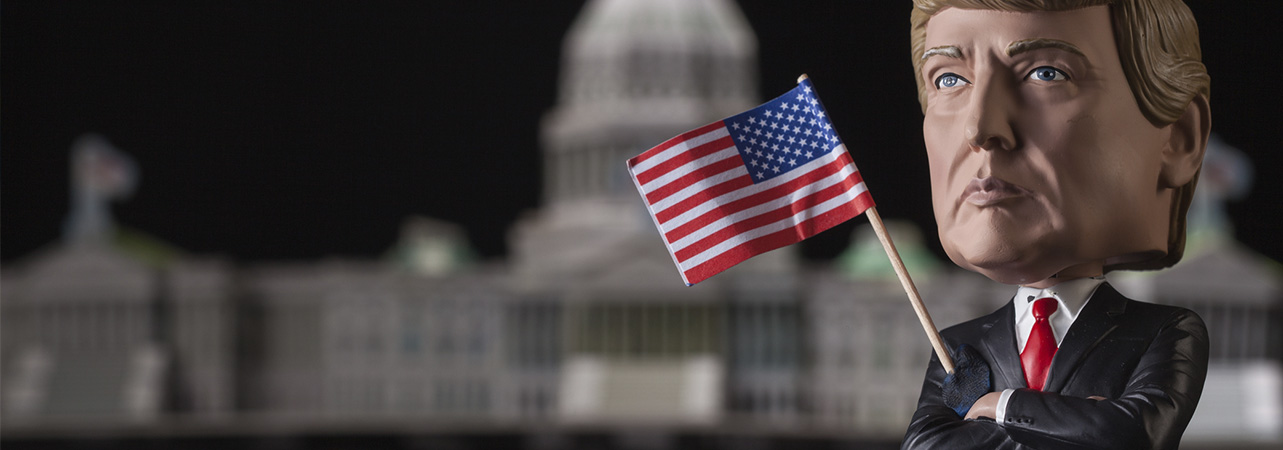The US election could go either way, but neither candidate looks set to check the growing power of Asia.
- Whatever the outcome of the presidential election, a Democratic clean-sweep of the Senate and Presidency now looks unlikely
- Neither candidate is likely to have a free hand to implement their policies
- In the longer-term, US institutions are creaking, while Asia is flexing its muscles
With hindsight, the blue wave always looked a little unlikely. While Donald Trump may be controversial, people are fond of the blend of low taxes and patriotism he offers. Joe Biden’s more nuanced offering of a big stimulus package and investments in green energy didn’t have quite the same high octane appeal. So for the time being, the US sits with the worst of all worlds – a less-than-emphatic result and the threat of litigation.
However, while Trump continues to insist that the election is being stolen from him and that he is on his way to the Supreme Court to stop the voting, markets are – as yet – keeping faith with the democratic process. There has been no notable sell-off, which suggests they don’t fear a disputed election. Certainly, there is no precedent for preventing states from counting ballots that have been legitimately submitted.
Whatever the outcome of the presidential election, a Democratic clean-sweep of the Senate and Presidency now looks unlikely. That means Joe Biden, should he win, won’t have a free hand to implement his ideas. The Democrats retained the House of Representatives, so Donald Trump will have a check on his power as well. In terms of getting things done, this election doesn’t look great for either of them.
In the short-term, the uncertainty has boosted bonds and lifted the Dollar. This is likely to stall the nascent rally in emerging market assets and other ‘blue wave’ trades that have been happening over the past couple of months. However, most investors appear to be waiting it out. However close the election, if the process proves robust, markets are likely to breathe a sigh of relief. Their greatest fear has been a challenge to democracy.
There is a longer-term consideration: Unigestion says that investors face “split government or the status quo”. This is an uninspiring choice for investors and is likely to do nothing to rectify some of the structural problems building up in the US. This comes at a time when Asia is showing increasing strength. China has recovered faster and with less damage to its economy. Asia is building strong intra-regional ties - from the China-Japan-ROK trilateral summit to cooperation platforms such as APEC, ASEAN and the Shanghai Cooperation Organization to the revived Trans-Pacific Partnership (TPP).
This election may be the start of a transfer of power from West to East. It shows US institutions creaking at a time when Eastern institutions are growing stronger. This may be the start of the US becoming less important in the world.






